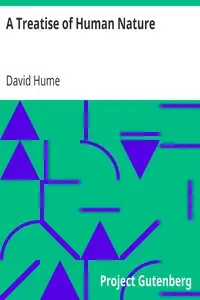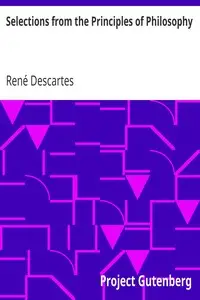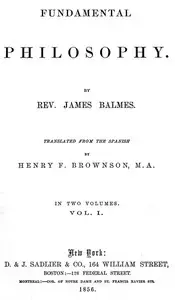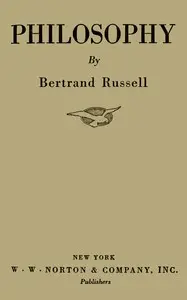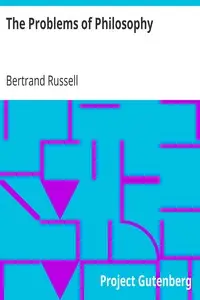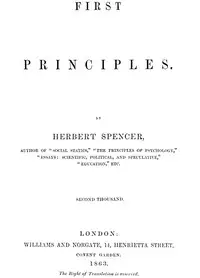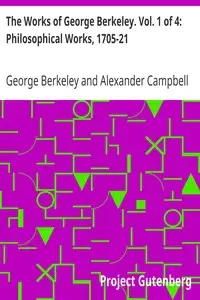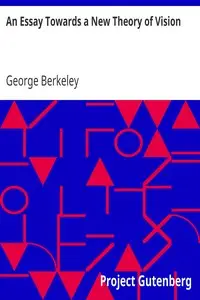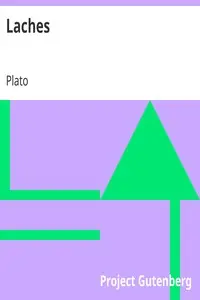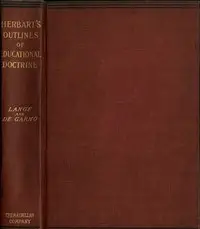"A Treatise Concerning the Principles of Human Knowledge" by George Berkeley is a philosophical examination from the 1700s tackling how we know what we know. It kicks off by pointing out problems with old ways of thinking and then looks at what's real by diving into ideas and how our minds see them. It makes the case that things don't exist on their own but are connected to our experiences and what we think. The author wants to clear up confusion in philosophy, suggesting that some errors come from assuming there can be abstract ideas not tied to what we see and sense and then introduces his big idea: things exist because they are perceived.
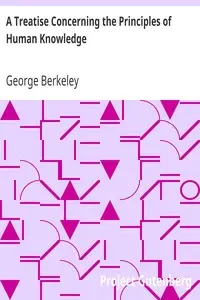
A Treatise Concerning the Principles of Human Knowledge
By George Berkeley
Venture into a world where reality itself is questioned as a philosopher argues that existence hinges on perception and how we experience the world around us through our minds.
Genres
Released
2003-12-01
Formats
epub
epub (images)
epub3 (images)
mobi
mobi (images)
txt
Free Download
Summary
About the AuthorGeorge Berkeley – known as Bishop Berkeley – was an Anglo-Irish philosopher whose primary achievement was the advancement of a theory he called "immaterialism". This theory denies the existence of material substance and instead contends that familiar objects like tables and chairs are ideas perceived by the mind and, as a result, cannot exist without being perceived. Berkeley is also known for his critique of abstraction, an important premise in his argument for immaterialism.
George Berkeley – known as Bishop Berkeley – was an Anglo-Irish philosopher whose primary achievement was the advancement of a theory he called "immaterialism". This theory denies the existence of material substance and instead contends that familiar objects like tables and chairs are ideas perceived by the mind and, as a result, cannot exist without being perceived. Berkeley is also known for his critique of abstraction, an important premise in his argument for immaterialism.
Total Reviews
10.0k
Total reviews from Goodreads may change

